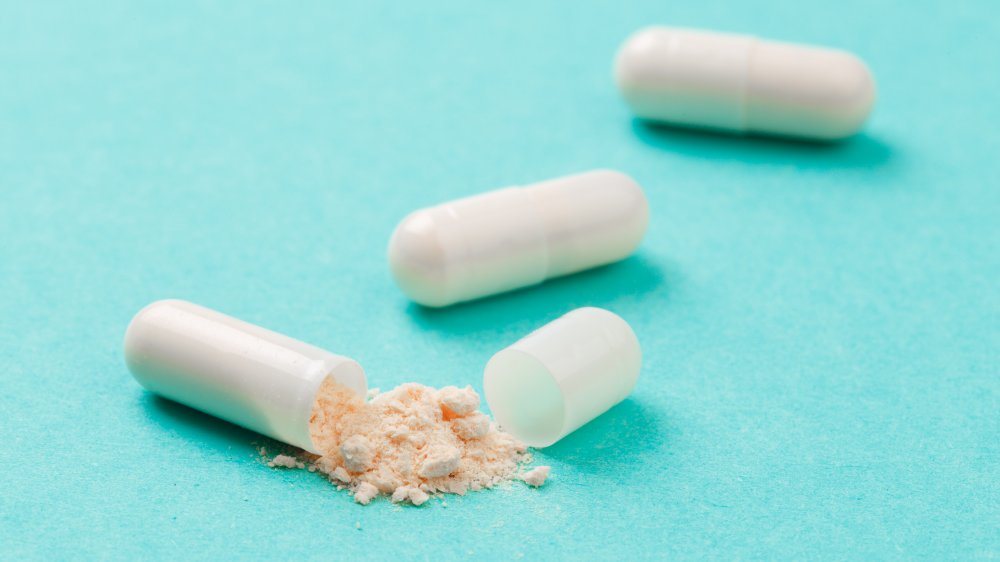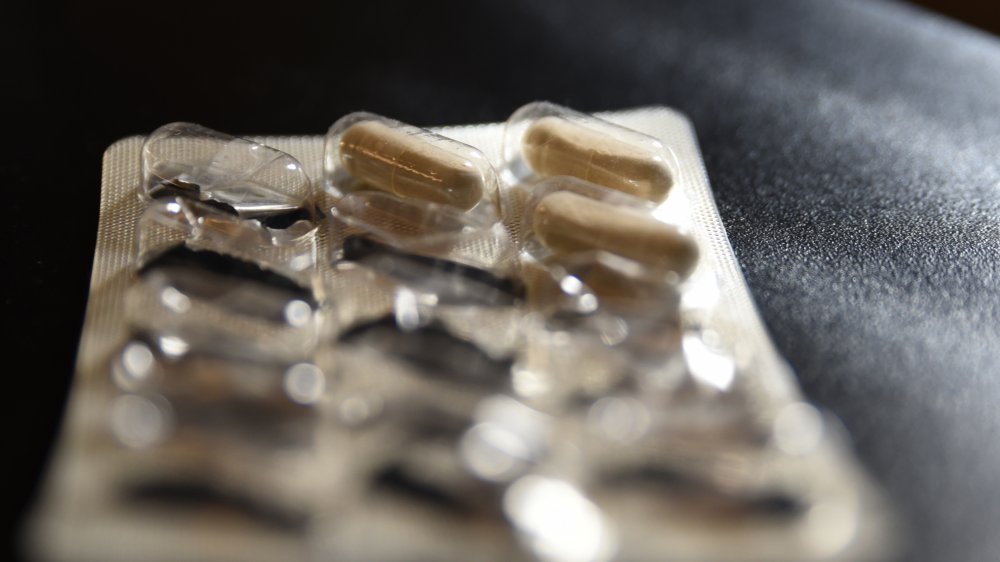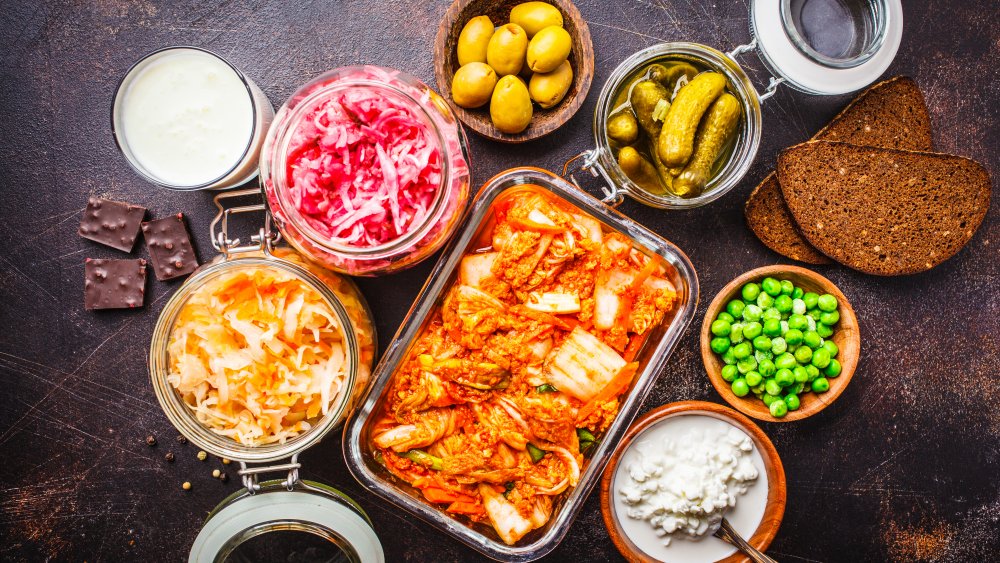The Truth About Probiotics
We used to think all bacteria was bad for us — that they were in cahoots with viruses to attack our systems and make us ill. So when we were told that some strains of bacteria, known as probiotics, are actually good for us, we should have known that it wouldn't be long before bottles promoting the latest strains would hit our drugstore shelves.
And they have.
Today, Scientific American quotes a National Institutes of Health survey showing the number of adults taking probiotic supplements as skyrocketing between 2007 to 2012 — from 865,000 to 4 million people. And if you want to cash in on the probiotic supplement craze, Grand View Research estimates that the probiotic market will hit $66 billion by 2024.
While the numbers are staggering and they show more people are buying into the probiotic craze than ever before, they don't exactly tell us if the different supplements really work.
Science has known good bacteria has existed for a long time
You may never have heard of a Russian microbiologist named Elie Metchnikoff, but the probiotics industry has him to thank for a groundbreaking 1907 study that linked fermented dairy products with the good health enjoyed by Bulgarians. By studying their diets, Metchnikoff theorized that fermented dairy products like yogurt could prevent what he considered "fouling" within the large intestine (via Harvard). Fast forward to 2013, when researchers found that probiotics worked well in treating certain gut-related diseases... and when certain strains are used in very specific instances (via The New York Times).
But The New York Times warns that with probiotic supplements, what you see is not always what you think you're getting, because the probiotic market is less regulated than the drug industry, and they don't need to be proven effective in order to be marketed and sold. In 2016, it reported that the FDA had inspected facilities that produced dietary supplements, and half had violations that included problems with purity and strength. Some supplements were even contaminated with organisms that weren't supposed to be there. So especially in cases where people's immune systems are compromised, unregulated, commercial probiotics actually have the potential to do more harm than good.
Experts recommend choosing probiotic foods over supplements
There is no doubt that probiotics are good for maintaining gut health. But medical experts say that for now, the best way to add good bacteria to your diet is to eat foods that naturally have it. Most fermented foods are rich in natural probiotics, and they've been working to keep the balance between good and bad bacteria in our guts for as long as we've been consuming them.
Foods rich in probiotics include yogurt (look for live cultures on the label), kefir, kombucha, sauerkraut, pickles, miso, tempeh, kimchi, and sourdough bread. Harvard adds that the only problem with these foods is that they often carry strong smells and flavors, which can make them a bit challenging for the uninitiated. But with their health benefits, these foods are worth a try.


